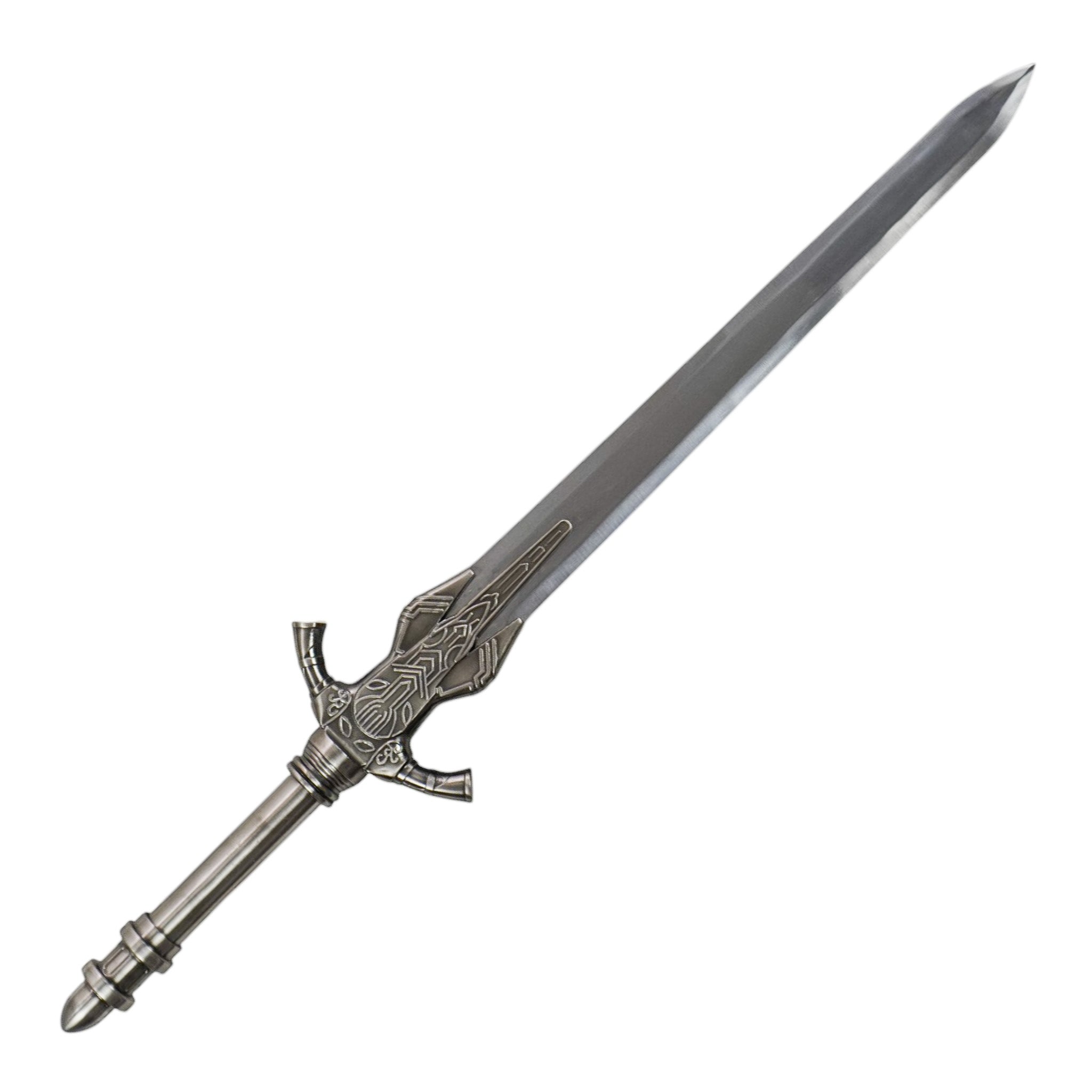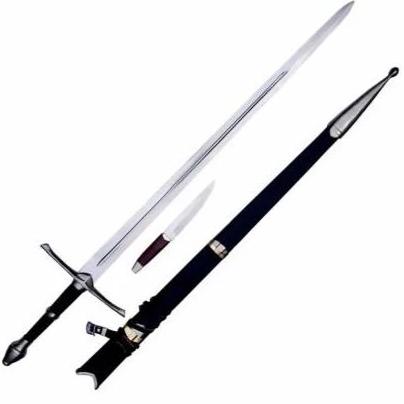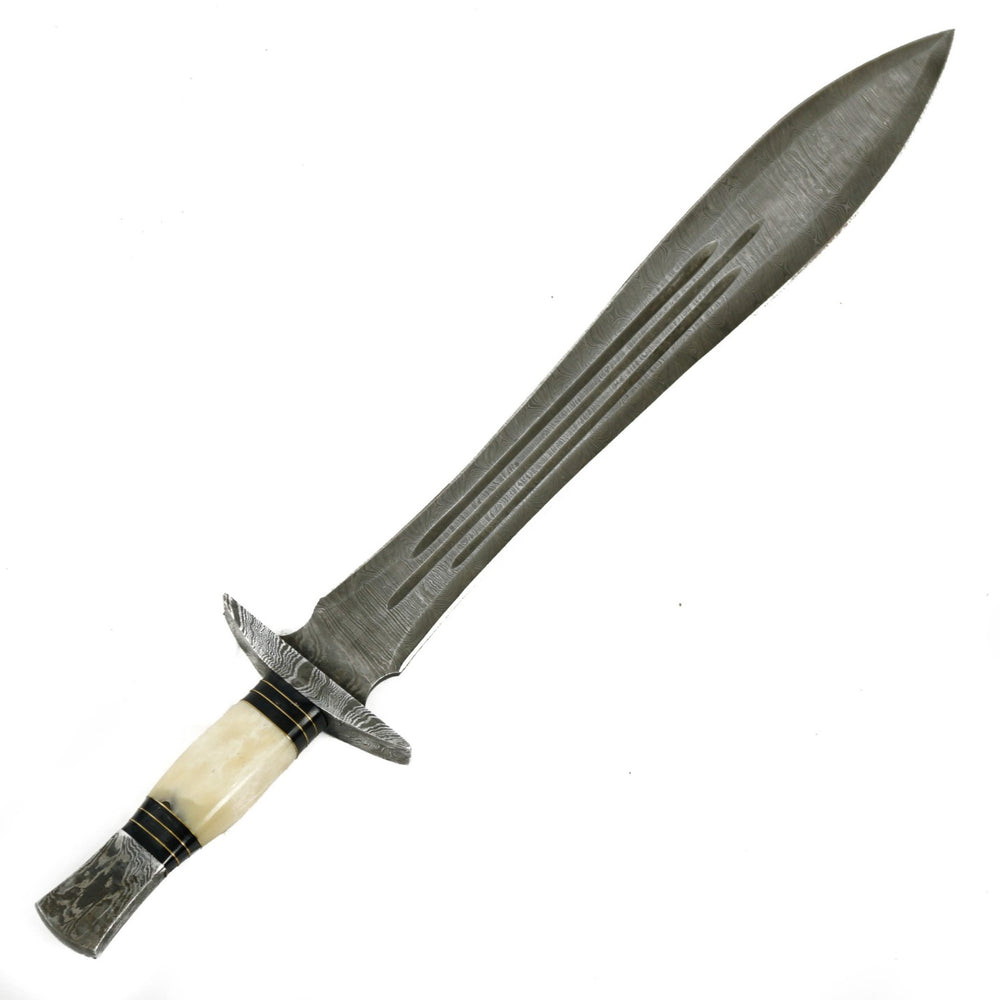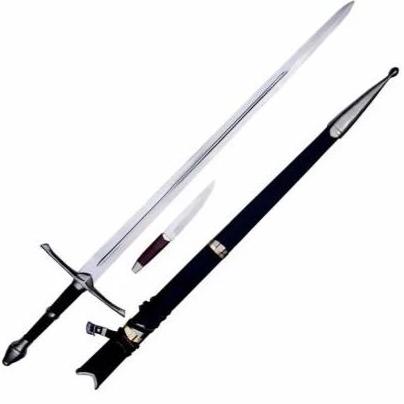How to Become a Chess Expert: A Comprehensive Guide
Chess is a fascinating game of strategy and tactics. From amateurs to grandmasters, every player aspires to improve their skills and climb up the ranks. One such milestone many aspire to is becoming a 'chess expert.' It's important to understand that becoming a chess expert is not just about winning games; it's about developing a deeper understanding of the game, honing your strategic thinking, and continually improving your chess skills. Here are some tips on how to become a chess expert:
Understand the Basics
First things first, you need to have a strong grasp of the chess basics. This includes understanding the movement of each piece, the rules of the game, basic opening principles, and the concept of check and checkmate. This foundation is critical for your future development.
Learn Openings
After understanding the basics, it's time to delve into the world of chess openings. This is the first stage of the game, where each player sets up their future gameplay. Learn about various openings, understand the principles behind them, and practice them regularly. Familiarity with standard openings like the Sicilian Defense, French Defense, Ruy-Lopez, and others will serve you well.
Master Tactics
Chess is all about tactics. Understanding how to use pins, forks, skewers, discovered attacks, and other tactical motifs is crucial for gaining an advantage in the game. Puzzles and tactical exercises can be great resources for sharpening these skills.
Strategic Planning
Tactics might win games, but strategy wins championships. Strategy involves understanding pawn structures, piece placement, and long-term planning. You should be able to evaluate a position, plan accordingly, and adjust your plan as the game progresses. Understanding concepts like the value of the bishop pair, the importance of the center, and pawn structure fundamentals are key elements of strategic planning.
Endgame Mastery
Many games, especially those between equally matched opponents, end up in the endgame stage. Knowing how to convert a slight advantage into a win, or how to hold a draw in a slightly worse position, is vital. Study endgames meticulously - understand key positions, techniques, and ideas. Knowledge about basic pawn endgames, rook endgames, and the use of opposition can significantly improve your results.
Regular Practice
Becoming an expert requires consistent practice. Playing regularly allows you to apply what you've learned and gain experience. Aim to play both online and over-the-board games against opponents of various levels. Analyze your games post-play to understand your mistakes and learn from them.
Study Master Games
By reviewing games played by Grandmasters, you can see how they apply strategy and tactics in their games. Try to understand the reasoning behind each move and how it contributes to their overall game plan. This study not only improves your chess understanding but also gives you a library of ideas you can use in your games.
Work with a Coach
A chess coach can provide personalized advice, help you spot your weaknesses, and guide your learning effectively. A coach can also offer psychological support, helping you deal with the highs and lows of the competitive chess world. If you have the skills and a genuine love for chess, consider becoming a chess teacher, with job vacancies available on Jooble.
Take Part in Tournaments
Tournaments are a great way to gain experience, and they expose you to different styles of play. They also give you a formal rating, which can help you track your progress. Aim to participate in both local and national level tournaments, as well as online competitions.
Stay Physically Fit
Believe it or not, physical fitness has a significant effect on your chess performance. Chess requires concentration and mental stamina, which are directly impacted by your physical health. Regular exercise, good sleep, and a healthy diet can help keep your mind sharp for those long, intense games.
Becoming a chess expert is a challenging journey that requires dedication, patience, and consistent effort. But with the right attitude and approach, it's an attainable goal. Remember, every chess master was once a beginner. Happy gaming!











